
Common Research Interest: Welfare Studies
Throughout the year, the HSE International Laboratory for Social Integration Research (ILSIR) is hosting consulting seminars on ‘Care and Welfare in Post-Socialist Eurasia: Institutions, Discourses, Identities’ with presentations by leading foreign experts. The first seminar in the series, ‘Conceptualising Social Activism’ was held on April 4 with the participation of Professor Linda Cook, Academic Supervisor of HSE ILSIR. The second one will take place on April 18.

Structural Transformation and Drivers of Sustainable Growth in Russian Economy Discussed at HSE University
The Russian economy has demonstrated high resilience to unprecedented external pressure and has managed to largely adapt to new conditions. As early as this year, it can go from recession to growth. The issue of where to find drivers and resources for this was discussed at a plenary session titled ‘Russian Economy under Sanctions: From Adaptation to Sustainable Growth’ at the XXIV Yasin (April) International Academic Conference held at HSE University as part of the Decade of Science and Technology. Minister of Economic Development of the Russian Federation Maksim Reshetnikov took part in the discussion.
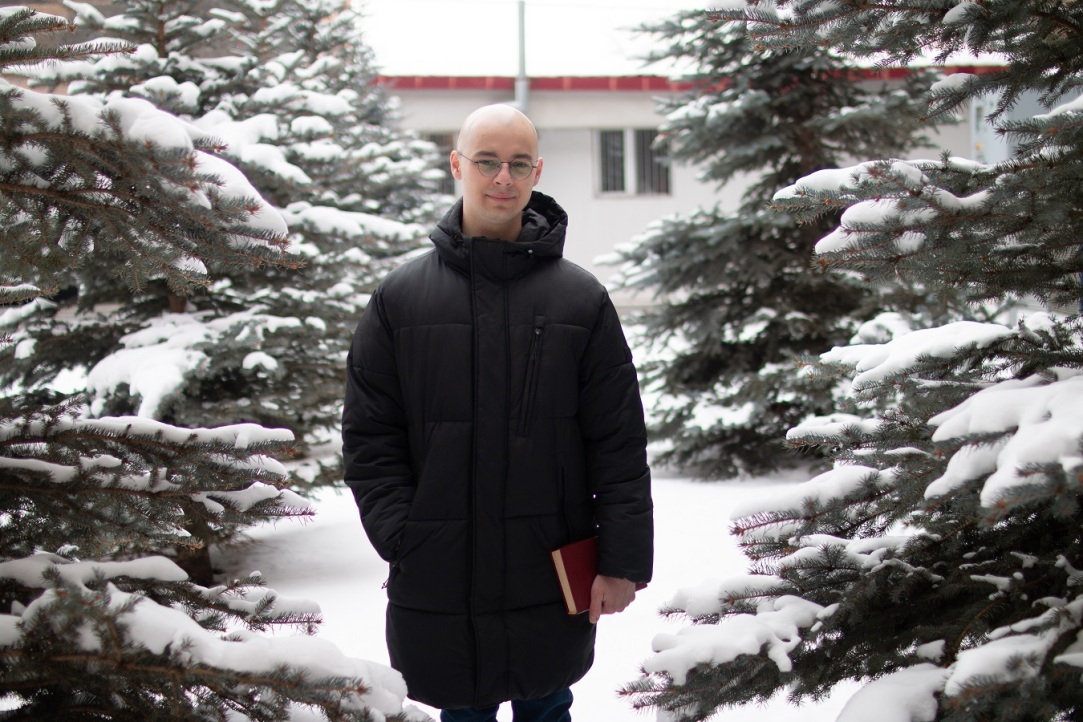
‘For Me, Science Means Going Beyond the Usual Understanding of Things’
Viktor Karpychev could have become a screenwriter but instead, he devoted himself to studying how the brain works. In this interview with Young Scientists of HSE, Mr. Karpychev explained how he spends his workdays and which Nobel laureate he would like to meet.
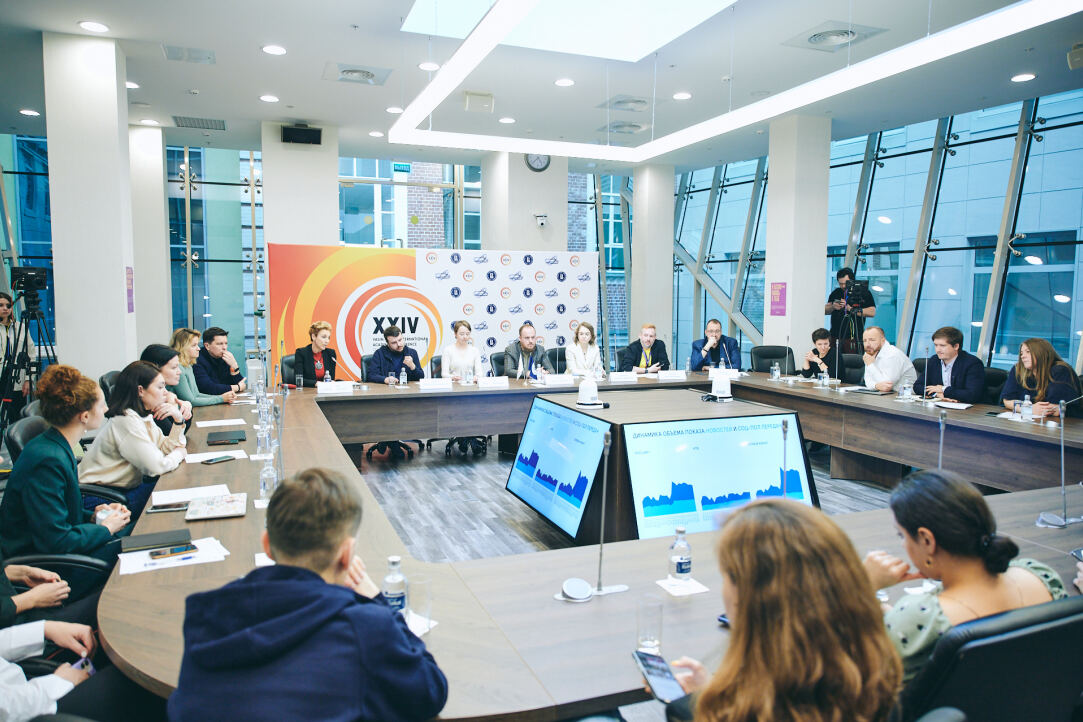
‘People Want to Receive Only Useful Content’
Experts say that interest in news has sharply increased among the Russian audience. At the same time, part of the audience deliberately avoids it. What kind of content is in demand and will people continue to watch TV? These and other issues were discussed at the plenary session ‘ Info-hygiene and Information Elitism: How to Consume Media Properly’ at the XXIV Yasin (April) International Academic Conference.

'The Emerging Trends in Africa Will Shape the World Order, and We Need to Be Prepared for That'
Africa has the potential to become a new economic giant. Today, African countries are interested in comprehensive cooperation and strengthening their positions in the global arena, and they look forward to receiving assistance from Russia and China in developing their technology, economy, and social sphere. Effective engagement with Africa requires training a greater number of professional African studies specialists. The XXIV Yasin (April) International Academic Conference at HSE University featured a plenary session on 'Africa in a Changing World'.
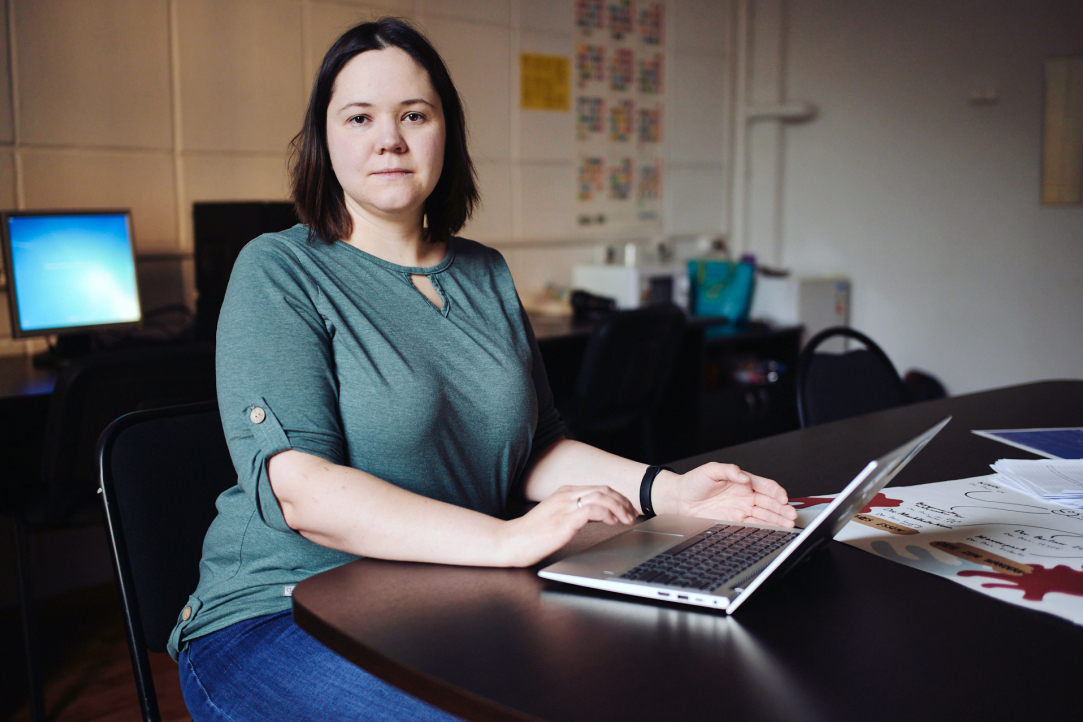
‘It Is Really Important for Our Society to Understand that There Are a Lot of Languages in Russia’
Idalia Fedotova was always interested in research, but she imagined academic society as a private club of geniuses and people descended from academics. In this interview with Young Scientists of HSE, she spoke about her journey as a researcher and mother of four young children. The HSE News Service presents a series of interviews with university researchers who discuss their work, important discoveries, and their lives outside the classroom and lab.

HSE Psychologists Propose New Approach to Building Soft Skills
Researchers at HSE's School of Psychology have used the findings of studies into creativity and multilingualism to develop 'Plurilingual Intercultural Creative Keys’ (PICK), a new programme which integrates both aspects into the teaching and learning process. The study results have been published in Psychology. Journal of the Higher School of Economics.
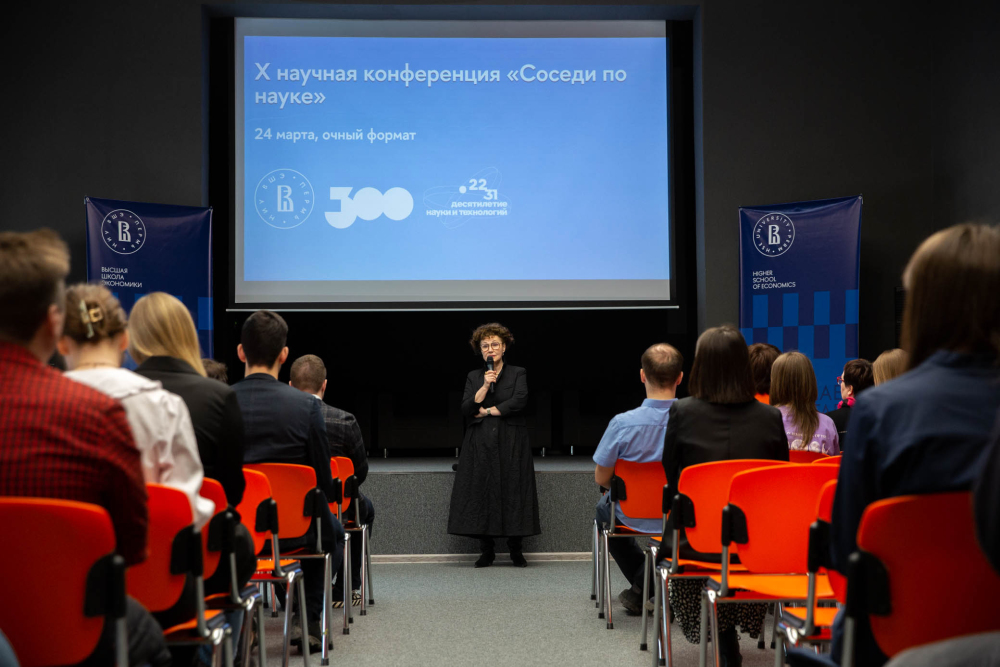
‘The “Neighbours in Research” Conference Has Become a Special Hallmark of HSE University in Perm’
The 10th anniversary scientific conference ‘Neighbours in Research’ was held at HSE University in Perm. This year it received the status of an international event—research was presented by scientists not only from different regions of Russia, but also from Uzbekistan and Kyrgyzstan. The conference's key concept is interdisciplinarity, and as a result, reports were presented from various branches of science, including economics, linguistics, sociology, law, digital technologies, and neuroscience.

Learning a Foreign Language Can Delay the Onset of Dementia
Dementia, a debilitating form of cognitive impairment, can be preventable. According to Professor Jubin Abutalebi of the University Vita Salute San Raffaele, Italy, and the Arctic University of Tromsoe, Norway, the easiest way to prevent cognitive decline after the age of 60 is to learn and practice foreign languages – the more languages, the better, suggests Professor Abutalebi in his presentation 'Preventing dementia through bilingualism' at the XXIV Yasin (April) International Academic Conference.
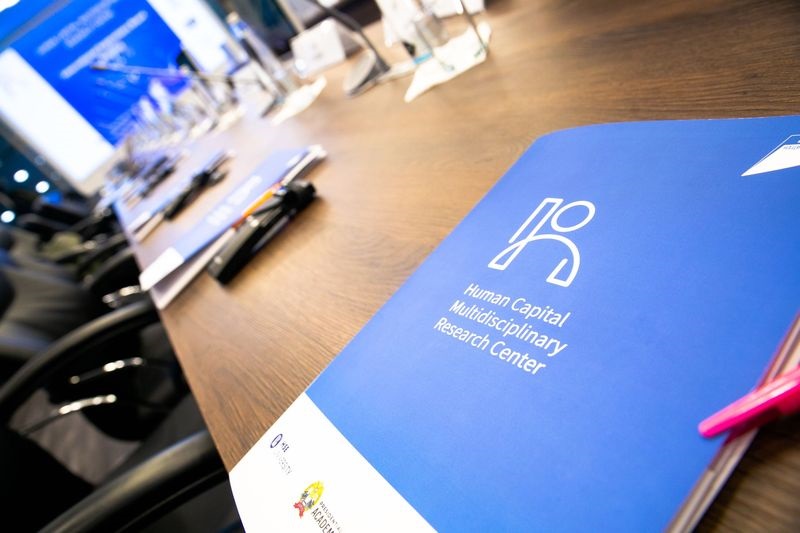
Human Capital Multidisciplinary Research Centre Presents Results to International Supervisory Board
The Human Capital Multidisciplinary Research Centre, established in 2020 and coordinated by HSE University, recently held a session of the International Supervisory Board and presented work results for the period of 2020-2022 along with plans for 2023-2025, including fundamental and applied research in the field of human development, creation of unique empirical databases for the development of evidence-based social and economic policies, and the introduction of digital approaches in humanities and social sciences.

